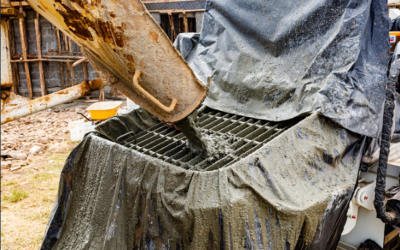Proverb #1: No good deed goes unpunished.
I’ve got a couple of these proverbs up my sleeve when it comes to construction. This one I normally share with the newbies to the biz, but I find that those that have been around awhile benefit from it too.
Where’s this applicable?
I usually find the most popular way to be punished for the good deed is via RFI. Being a prudent contractor, you always want to point out bad design, a better way of doing something, or a less expensive way of preserving quality while decreasing cost. The problem with each of these good intentioned acts is that owners or engineers can take a long time answering the RFI or turn it into a change order that costs you money. Some clients may only find out about potential betterments when it involves life safety!
Another way I see it occur is with change order settlement: “If I’m just straight up with our client on what we spent on this extra work, I’m sure he/she will be fair with me and settle this equitably and pretty much for the number I’m asking for.” And after you’ve made your case for clear entitlement, you move in with the fair and equitable settlement number. Are you sure that’s what you just did? Or, did you just set the ceiling for your settlement?
Maybe as a requirement within your contract, you have an obligation to kill point out errors, omissions, ambiguities, and/or conflicts in the drawings and specifications. So do that, comply with the contract. But, as far as adding value through suggestion or by simply doing the right thing, make sure both parties are receiving value – the client and the contractor.
See how easy it is to make your RFI’s using Runjob:





0 Comments